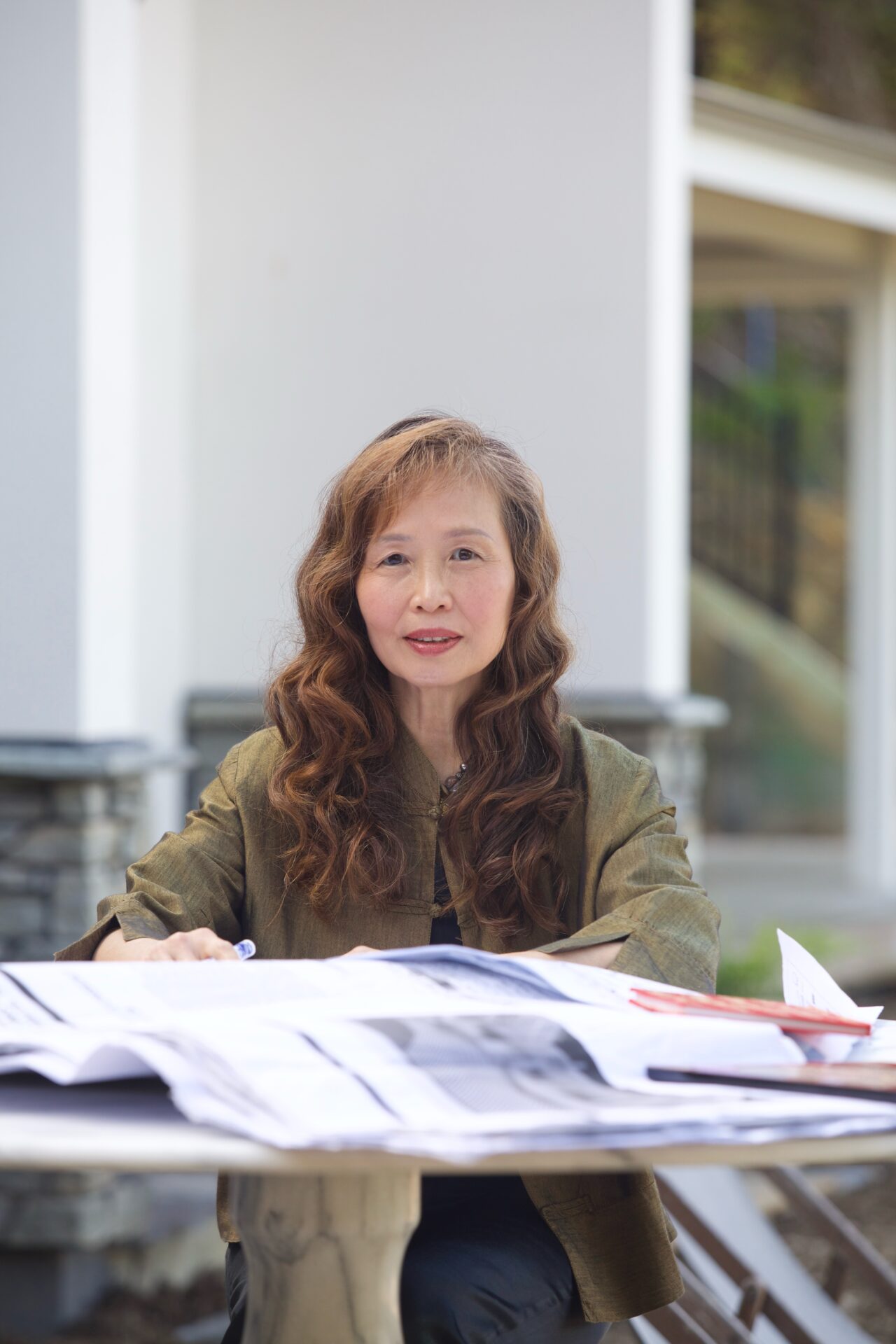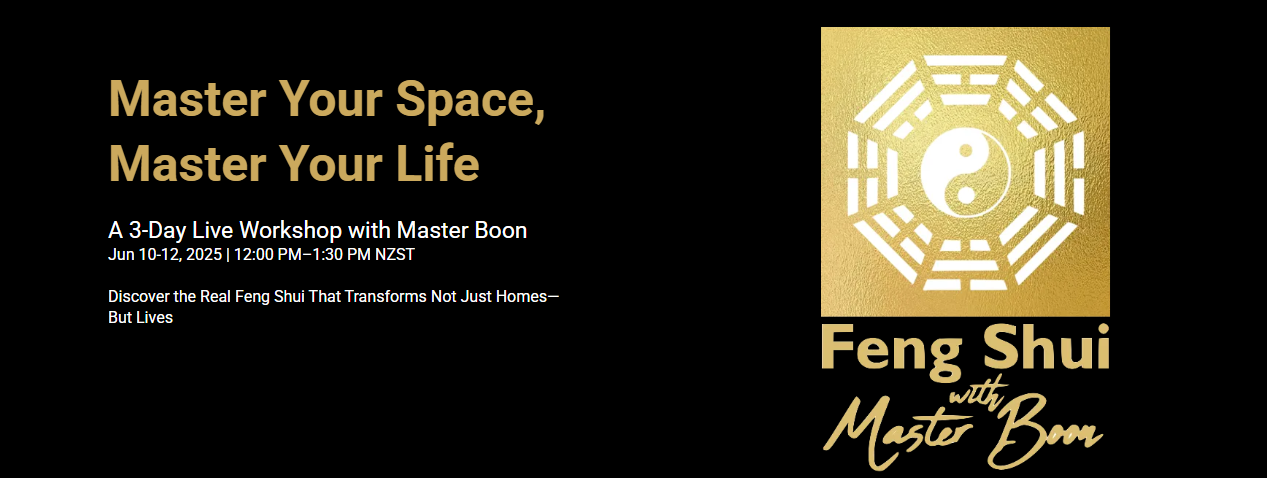FENG SHUI Part 2a: Dispelling the Myths and Misinformation
In this post and the next, I address the widespread myths and misconceptions surrounding Feng Shui.
Many popular “Feng Shui tips” today misrepresents the true essence of this ancient wisdom, reducing it to mere clutter management or decorative choices. These misguided practices not only dilute the significance of Feng Shui but can also lead to unintended negative consequences.
In Feng Shui, ignorance is not bliss—ignorance can cause harm. I have a client who suffered through five years of calamities due to the ill-advised use of a particular room, unaware that another room in her home had excellent energetic potential. She was advised to activate her space with a lot of metal, inadvertently triggering negative energy that brought more misfortune.
Traditional Feng Shui is a sacred wisdom practice with a history spanning 5,000 years. It is deeply rooted in intricate systems and formulas designed to diagnose and harmonize the energy blueprint of a space with its occupants.
Recently, I was once again asked to contribute to an online magazine article titled “Feng Shui Tips to Bring Luck and Prosperity into Your New Apartment.” This request, like many others, was accompanied by the usual array of misguided advice, masquerading as Feng Shui.
For a long time, I chose to focus on sharing the true essence of Traditional Feng Shui, believing that by emphasizing what Feng Shui truly is, I could quietly counteract the noise of misinformation. However, the pervasive spread of these misguided notions can no longer be ignored.
If you wish to see the article I refer to, here is the link: https://www.apartmentguide.com/…/apartment-feng-shui-tips/.
Following my recent decision to speak out against these mistruths, misconceptions, and misrepresentations, let’s take a moment to review some of these popular but utterly misguided suggestions:
“𝗗𝗲𝗰𝗹𝘂𝘁𝘁𝗲𝗿 𝗲𝘃𝗲𝗿𝘆𝘁𝗵𝗶𝗻𝗴” – While managing clutter is beneficial, it is not Feng Shui, it is simply common sense!
⽔⻛: The real essence of Feng Shui lies in understanding how the energy in a space flows and interacts, not merely in tidying up. Clutter management doesn’t address the deeper energetic influences at play.
“𝗕𝗿𝗶𝗻𝗴 𝗶𝗻 𝗶𝘁𝗲𝗺𝘀 𝘆𝗼𝘂 𝗹𝗼𝘃𝗲” – Surrounding yourself with items you cherish is natural, but Feng Shui is not about personal preference.
⽔⻛: If placement of items is called for to activate benevolent energies or mitigate malevolent ones, they must be selected based on strict Feng Shui Elemental principles .
“𝗪𝗮𝗹𝗸 𝘁𝗵𝗲 𝗽𝗲𝗿𝗶𝗺𝗲𝘁𝗲𝗿 𝗼𝗳 𝘆𝗼𝘂𝗿 𝗻𝗲𝘄 𝗵𝗼𝗺𝗲, 𝗶𝗻𝗳𝘂𝘀𝗶𝗻𝗴 𝗶𝘁 𝘄𝗶𝘁𝗵 𝘆𝗼𝘂𝗿 𝗴𝗼𝗮𝗹𝘀 𝗮𝗻𝗱 𝗱𝗿𝗲𝗮𝗺𝘀” – While setting intentions is meaningful, this advice doesn’t touch on the true complexities of Feng Shui.
⽔⻛: The practice involves precise calculations and assessments of how external and internal energies interact, not simply walking and daydreaming.
“𝗔 𝗴𝗼𝗼𝗱 𝗰𝗹𝗲𝗮𝗻𝗶𝗻𝗴” – Cleanliness is basic hygiene!.
⽔⻛: Feng Shui understands how to avoid, mitigate, and enhance the flow of energy through a space, often through specific adjustments and placements that have been honed over centuries.
“𝗔𝗱𝗱 𝗙𝗲𝗻𝗴 𝗦𝗵𝘂𝗶 𝗽𝗿𝗶𝘀𝗺𝗮𝘁𝗶𝗰 𝗰𝗿𝘆𝘀𝘁𝗮𝗹𝘀” – While prismatic crystals are visually appealing, they have nothing to do with Feng Shui.
⽔⻛: Feng Shui is not about simplistic pretty feel-good placements; any items used must be informed by a deep understanding of the space’s energy dynamics.
“𝗦𝗽𝗮𝗰𝗲 𝗰𝗹𝗲𝗮𝗿𝗶𝗻𝗴 𝗮𝗻𝗱 𝗮 𝗯𝗹𝗲𝘀𝘀𝗶𝗻𝗴 𝗰𝗲𝗿𝗲𝗺𝗼𝗻𝘆” – Ceremonies can be effective, but it is not Feng Shui
⽔⻛: They do not replace the meticulous analysis required in authentic Feng Shui that involves careful study and adjustment of energy flows, which cannot be accomplished by ceremonial action.
“𝗠𝗮𝗸𝗲 𝘆𝗼𝘂𝗿 𝗳𝗿𝗼𝗻𝘁 𝗱𝗼𝗼𝗿 𝗮𝗻𝗱 𝗲𝗻𝘁𝗿𝗮𝗻𝗰𝗲 𝗽𝗮𝗿𝘁𝗶𝗰𝘂𝗹𝗮𝗿𝗹𝘆 𝘄𝗲𝗹𝗰𝗼𝗺𝗶𝗻𝗴” – A welcoming entrance is aesthetically pleasing, but Feng Shui is not about a pleasant appearance.
⽔⻛: The entrance is a crucial area that receives energy and permeates the home, requiring detailed analysis of the type of energy that enters and its effect on individual occupants.
In Part 2b, we will continue to delve deeper into these misconceptions and uncover the true practices that make Traditional Feng Shui a transformative force in creating balanced and prosperous environments. Stay tuned for more insights that will guide you toward authentic understanding and application of this ancient art.
Master Boon🌈💜
Pic 1:
A good Feng Shui apartment – my previous apartment in Melbourne, Australia.
The key to good Feng Shui is to conduct a thorough evaluation before deciding to rent or purchase.
Otherwise, the dire consequence of committing to a home with negative Feng Shui is a cascade of misfortunes and unbalanced energy that can profoundly impact your well-being and prosperity.
Pic 2:
View from my Feng Shui apartment.
Situated in the protection embrace of the Dragon. Yes, even in suburbia, there are . High ground behind is the dragon’s spine. Left and right spurs are its arms and the apartment is tucked in its embrace!
External lay of the land is the most powerful Feng Shui influence and carries more than 50% of the entirety of the Feng Shui experienced in a home.






